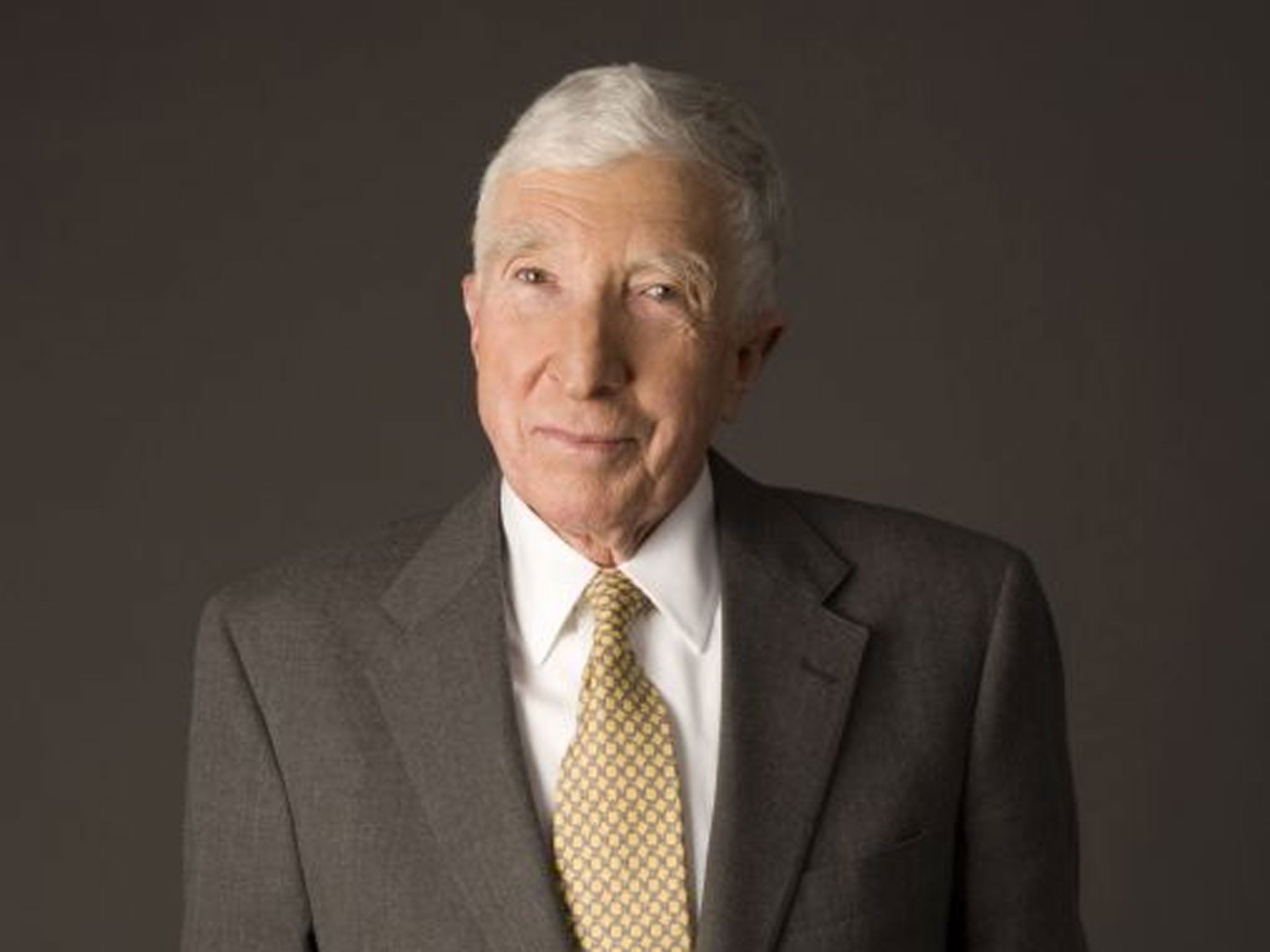Rabbit Series by John Updike, book of a lifetime
David Baddiel praises Updike's great four-act opera of the beautiful mundane

Your support helps us to tell the story
From reproductive rights to climate change to Big Tech, The Independent is on the ground when the story is developing. Whether it's investigating the financials of Elon Musk's pro-Trump PAC or producing our latest documentary, 'The A Word', which shines a light on the American women fighting for reproductive rights, we know how important it is to parse out the facts from the messaging.
At such a critical moment in US history, we need reporters on the ground. Your donation allows us to keep sending journalists to speak to both sides of the story.
The Independent is trusted by Americans across the entire political spectrum. And unlike many other quality news outlets, we choose not to lock Americans out of our reporting and analysis with paywalls. We believe quality journalism should be available to everyone, paid for by those who can afford it.
Your support makes all the difference.I read Rabbit out of order. It's four books – four and a half, if you include the late novella, Rabbit Remembered – each one written at the end of a decade, between 1960 and 1990: Rabbit, Run, Rabbit Redux, Rabbit Is Rich and Rabbit At Rest. But I didn't know that when, in WH Smith in Brent Cross circa 1988, I picked up Is Rich, read one sentence and thought "well obviously I'm buying this". When I found out that there were two prequels to that book, I was simultaeneously dismayed – like someone who realises he has somewhat spoiled Back To The Future's 1 and 2 by watching 3 first – and excited, because it meant there was so much more yet to read.
When people talk about Updike, they tend to mention first off, the prose. You see a lot of adjectives attached to descriptions of Updike's prose – shimmering, burnished, that kind of thing – and indeed, he is the greatest stylist in American literature, greater even than Faulkner or Fitzgerald. But that focus on the prose tends towards an idea of Updike as a purveyor of beauty without substance, whereas in fact, his writing, however lyrical, is always at the service of character. And character, in Updike, is always complex. For example: in Rabbit, Redux, when Harry's father-in-law informs him that his wife Janice is having an affair, where a lesser novelist would simply make their central character's reaction angry or jealous, Updike tells us that "a hopeful coldness inside him grows…the news isn't all in: a new combination might break it open, this stale peace."
When I'm asked why I prefer Updike to Bellow and Roth, the short answer is: Harry Angstrom. Bellow and Roth – particularly Bellow – could only write characters like themselves: academics, intellectuals, writers, men possessed of great linguistic power. Harry is a Toyota car salesman. His politics are fairly reactionary, his attitude to women and children unprogressive. He is not an articulate man: as such, he's the opposite of Updike.
And yet, by incredible literary sleight of hand – by sliding in and out of Harry's point of view, and by describing what Harry is thinking in ways that Harry himself could not describe – Updike is able to make this ordinary bloke into a great seer, a prism through which all life can be refracted. It's an unrivalled literary magic trick.
Soon after reading Rabbit for the first time, I read elsewhere Updike's mantra, which is that he considered that the object of his work was "to give the mundane it's beautiful due". I think that's a fantastic mission statement for art: and anyone who agrees must read Rabbit, John Updike's masterpiece, his great four-act opera of the beautiful mundane.
David Baddiel's latest book is 'The Parent Agency' (HarperCollins)
Join our commenting forum
Join thought-provoking conversations, follow other Independent readers and see their replies
Comments